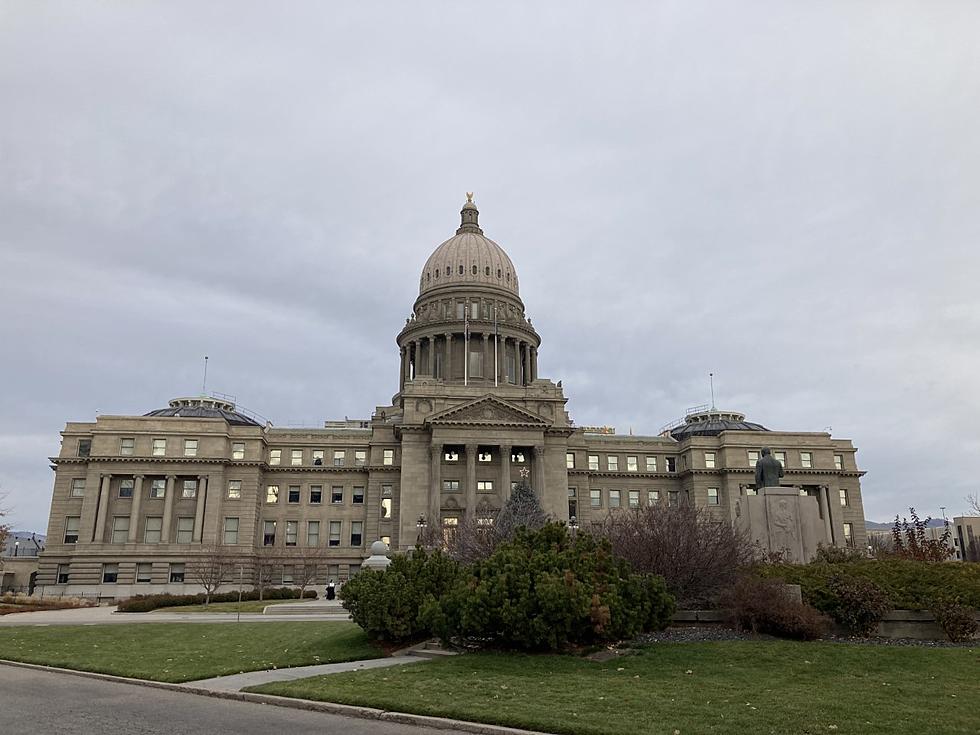
Senate amends Idaho bill to add Medicaid work requirements
BOISE, Idaho (AP) — The Senate on Monday approved amendments to legislation involving Idaho's voter-approved Medicaid expansion law that adds mandatory work and other requirements.
The amended Senate version is similar to a House bill a Senate committee killed last week. The key difference is that the Senate version doesn't kick people of Medicaid as the House bill did if they don't fulfill the work requirements.
Voters authorized Medicaid expansion in an initiative in November with 61% of the vote after years of inaction by the state Legislature. The expansion will provide access to preventative health care services for about 91,000 low-income residents, according to a risk management company hired by the state. The federal government would cover 90% of the estimated $400 million cost.
The Senate has already passed an appropriations bill paying for Medicaid expansion as approved by voters with no work requirements. Republican Gov. Brad Little has included money for the expansion in his budget.
But the House has refused to vote on the appropriations bill. Instead, it passed a different bill with work requirements and penalties that kicked people off Medicaid. That bill died in the Senate committee last week.
The amendments to the Senate bill passed Monday are an attempt to get a bill that can be approved by the House and get the governor's signature.
A key difference between the amended Senate bill and the failed House bill involves the work requirements. The House bill kicked people off Medicaid after 60 days if they didn't meet the work requirements. The Senate bill doesn't do that.
Instead, it requires able-bodied Medicaid recipients who fail to meet the work requirements to pay a copay when seeking medical services under Medicaid. The number of people who might fall under the work requirement is estimated to be up to 12,000.
The Senate bill appears to be crafted with a federal court ruling from last week in mind. A federal judge in Washington, D.C., blocked Medicaid work requirements in Arkansas and Kentucky. The judge ruled that Medicaid work requirements for low-income people posed numerous obstacles to getting health care that hadn't been adequately resolved by federal and state officials.
The Idaho Senate version of Medicaid expansion with the amendments, essentially, removes the penalty present in the House version.
"I don't think we want any teeth to them," Republican Senate Majority Leader Chuck Winder said. "I think we want basically a way to encourage people to get out of poverty and to move forward in a positive way."
Winder said he didn't know if the amended Senate bill could get enough votes to pass the House. But first, the Senate will have to vote to approve the amended version of the bill in its entirety. That vote could come later Monday or Tuesday, Winder said.
An amendment put forward by Democrats to essentially make the Senate bill align with the voter-approved initiative failed.
Democratic Sen. Maryanne Jordan during debate on that amendment said that she understood the Senate had significant differences with members of the house, but "61% of the vote isn't a small group of people."
By KEITH RIDLER Associated Press
More From News Radio 1310 KLIX









